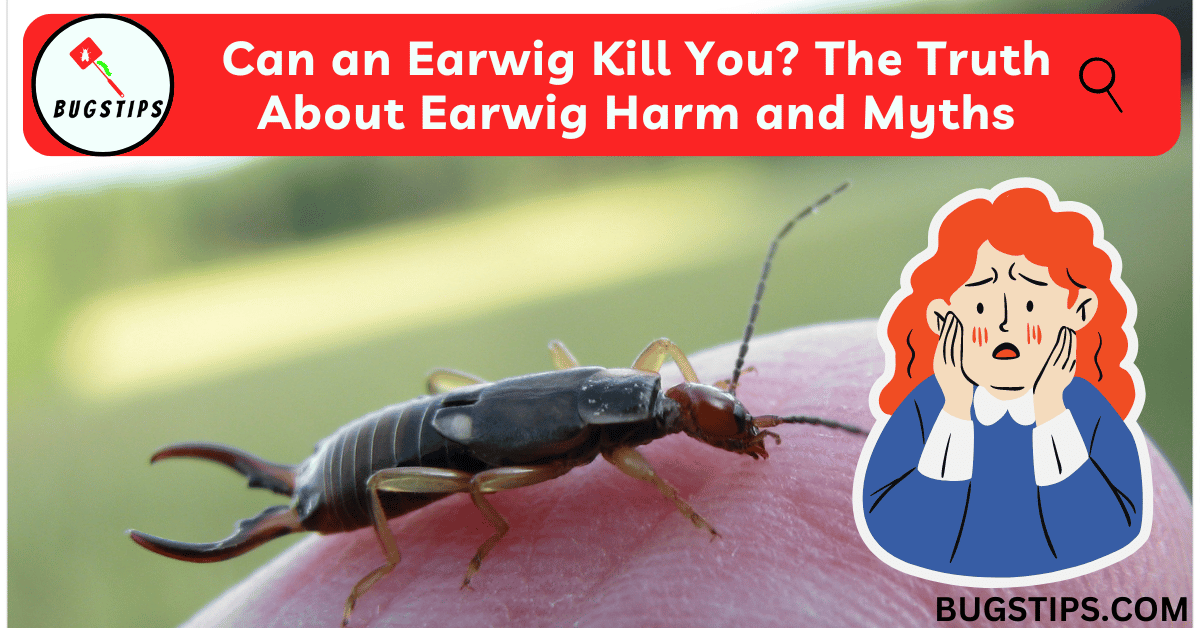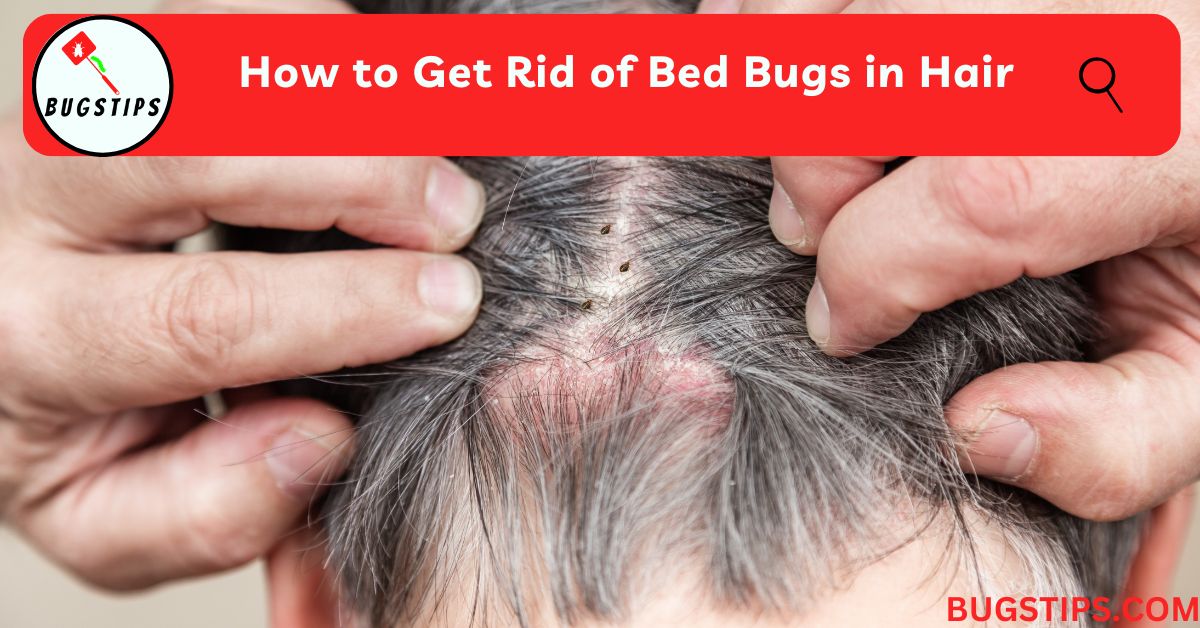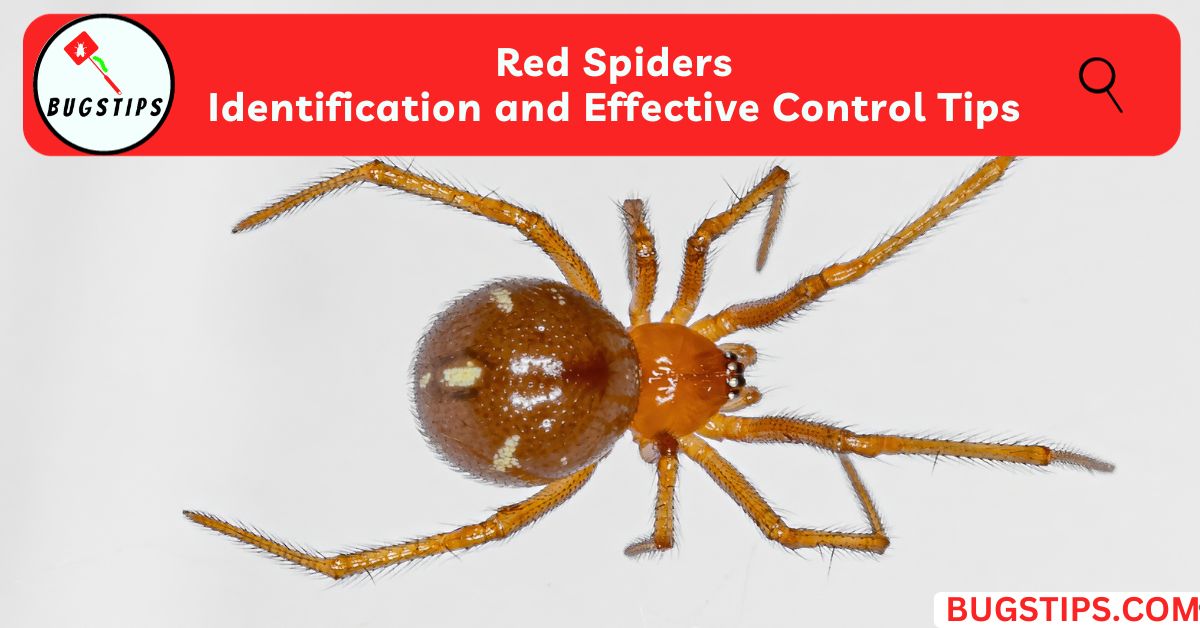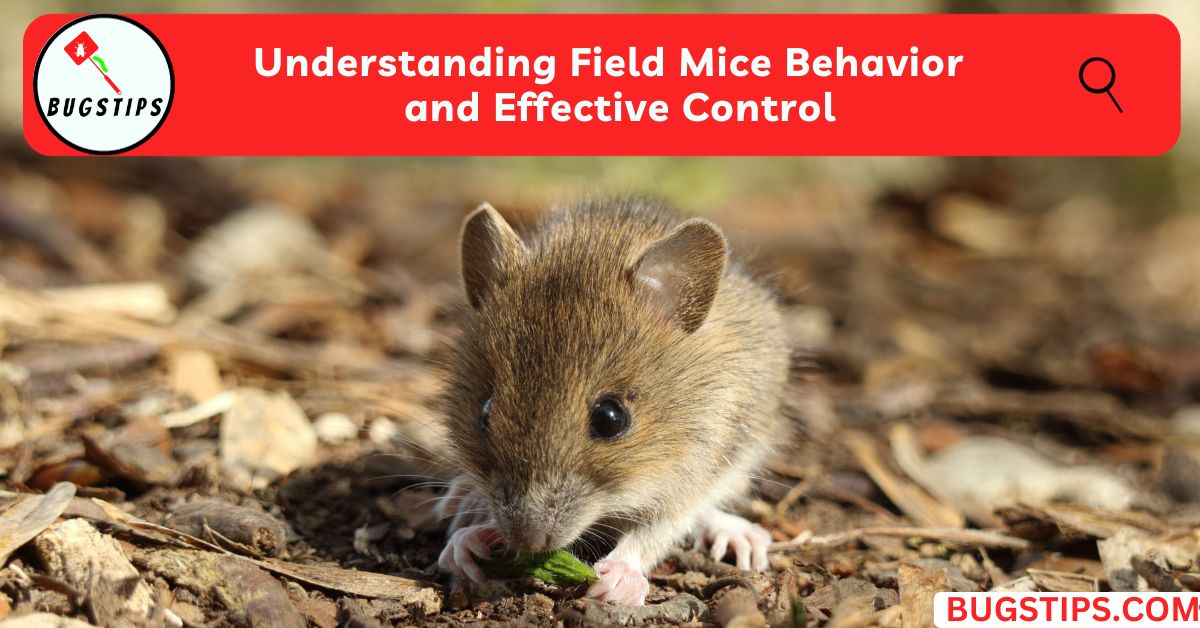This post may contain affiliate links which means as an Amazon Associate, this site may earn a small commission on qualified purchases made through links at no extra cost to you. Learn more on Affiliate Disclosure
Earwigs are fascinating insects with a fearsome reputation. Many people believe that these small, pincer-bearing insects can be deadly to humans, but is there any truth to this myth? In this article, we will take a closer look at earwigs, their behavior, and whether or not they pose a threat to human health.
Specifically, we will explore the question, “Can an earwig kill you?” by examining the evidence and separating fact from fiction. So, if you’re curious about these curious insects and want to know more about their potential dangers, keep reading to find out the truth about earwigs.
Are Earwigs Harmful To Humans?
Earwigs are insects that are often feared by humans, but the truth is that they are not harmful to us. Contrary to popular belief, earwigs do not sting or bite, and their pincers, while intimidating, are not dangerous to humans.
Earwigs can even be beneficial in the garden, as they eat other insects and help to control pests. They also play an important role in the ecosystem as a food source for birds and other animals.
While earwigs may occasionally pinch humans if they feel threatened, this is not a cause for concern. The pinch is not strong enough to cause any harm, and the earwig will generally retreat once it feels safe again.
So the next time you come across an earwig, there’s no need to panic. These harmless insects are just going about their business and playing an important role in the ecosystem.
So Can an Earwig Kill You?
As we explained before The short answer is no, an earwig cannot kill you. While earwigs do have sharp pincers that they use for self-defense, these pincers are not strong enough to cause any serious harm to humans. Earwigs are generally considered to be harmless to humans and do not pose a significant threat to our health.
there have been isolated cases of earwigs crawling into people’s ears. While this can be a frightening experience, it is not typically dangerous and can usually be resolved with the help of a medical professional.
Are Earwigs Poisonous?
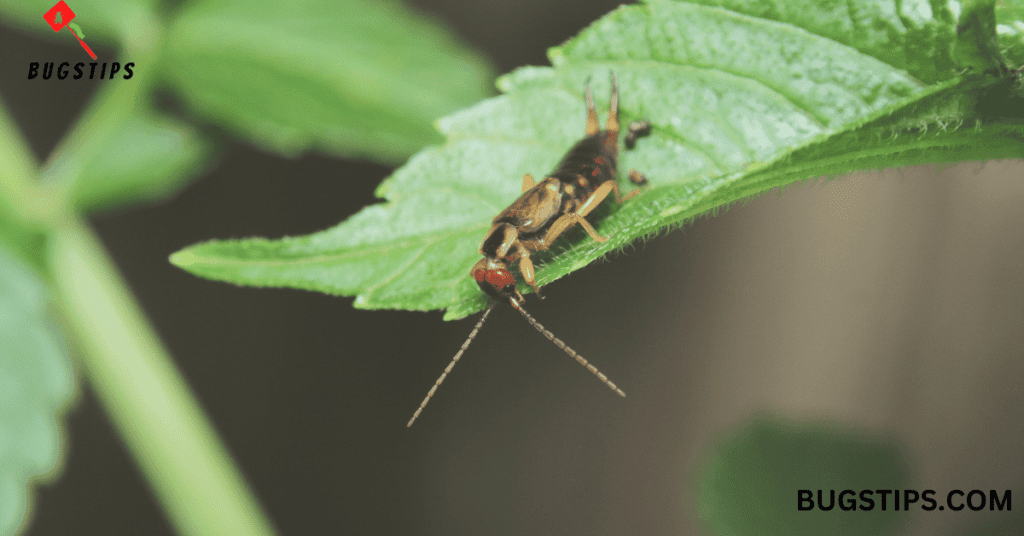
As we mentioned in the previous paragraph, earwigs are not harmful to humans and do not sting or bite. However, some people may wonder if earwigs are poisonous.
The answer is no, earwigs are not poisonous insects. They do not have venom and are not known to transmit diseases to humans. However, they can be a nuisance when they enter homes in search of food, moisture, or shelter.
In some cases, large numbers of earwigs may congregate in damp areas such as basements, bathrooms, or crawl spaces, and their presence can be unsettling for some people. Fortunately, earwigs can be easily controlled through basic pest management practices such as removing clutter and debris, sealing entry points, and reducing moisture levels.
While earwigs are not poisonous insects, they can still be a nuisance if they enter your home in large numbers. However, with some simple steps, you can easily control their populations and avoid any issues.
Do Earwigs Go Into Your Ear?
One of the most persistent myths about earwigs is that they can crawl into your ear and cause harm. But is there any truth to this claim?
The short answer is no, earwigs do not crawl into your ear. While they may seek out warm, dark places to hide during the day, the human ear is not an attractive target for them.
And the shape and size of the ear canal make it difficult for any insect to enter without causing pain or injury. Most cases of insects or other foreign objects in the ear involve small flies, gnats, or mosquitoes, rather than earwigs.
So if you’re worried about earwigs crawling into your ear, rest assured that this is just a myth. While they may be annoying pests in some situations, they pose no real threat to your health or safety.
Can earwigs make you deaf?
There is a persistent and dangerous myth that earwigs can crawl into your ear and cause deafness. However, this is completely untrue and has no basis.
First of all, as we discussed in a previous section, earwigs do not crawl into the human ear. Even if they did, they do not possess the ability to cause deafness.
The human ear is a complex and delicate organ that is designed to transmit sound waves to the brain. It is highly unlikely that an insect as small as an earwig could cause any significant damage to the ear, let alone result in deafness.
The most common causes of hearing loss are related to age, genetics, exposure to loud noises, and certain medical conditions. Earwigs are not among them.
Do Earwigs Eat Your Earwax?
Another myth that is commonly associated with earwigs is that they eat earwax. However, this is simply not true.
While earwigs are known to be scavengers and may eat a variety of materials, including dead insects, plants, and even other earwigs, there is no evidence to suggest that they have any interest in earwax.
Do Earwigs Lay Eggs in You?
One of the most persistent myths about earwigs is that they lay their eggs in human skin or body cavities. However, this is completely untrue and has no scientific evidence to support it.
Earwigs, like many insects, do lay eggs, but they do so in dark, moist environments such as soil, leaf litter, or rotting wood. They are not known to lay their eggs inside human hosts, and there is no evidence to suggest that they have any interest in doing so.
It’s important to note that earwigs are not aggressive towards humans and do not seek out human hosts as a place to lay their eggs. While they may occasionally crawl onto humans in search of warmth or shelter, they do not pose any real threat to human health or safety.
So if you’re worried about earwigs laying their eggs in you, you can rest assured that this is just a myth. While earwigs can be a nuisance in some situations, they are not known to lay their eggs in human skin or body cavities.
What Happens If An Earwig Bites You?
Earwigs can bite if they feel threatened or provoked. While earwig bites are rare, they can cause some discomfort and may result in mild symptoms such as pain, redness, and swelling.
The pincers on an earwig’s abdomen are used for defense, and they may be used to grasp or pinch a human’s skin if the insect feels threatened or trapped. While the bites may cause some pain and irritation, they are not typically dangerous and do not transmit any diseases.
If you are bitten by an earwig, it’s important to clean the wound thoroughly to prevent infection. You can use soap and warm water to gently wash the affected area and apply an antiseptic ointment to prevent infection.
In some cases, you may also need to take over-the-counter pain relievers to manage the discomfort.
To prevent earwig bites, it’s best to avoid handling them or disturbing their habitat. If you need to remove them from your home or garden, you can use a gentle method such as placing a container over the insect and sliding a piece of paper underneath to trap it before releasing it outside.
Should I Kill Earwigs?
The decision to kill earwigs depends on the situation and the individual’s personal preferences.
On the one hand, earwigs can cause damage to plants and vegetables in gardens, and they may also invade homes in search of food or shelter. In these cases, it may be necessary to use insecticides or other methods to control the earwig population and prevent further damage.
On the other hand, earwigs are also beneficial insects that play an important role in the ecosystem. They feed on other insects and can help to control pest populations, and they also break down decaying plant matter and help to enrich the soil.
Earwigs are not harmful to humans and do not transmit any diseases, so they do not pose a direct threat to human health. While they may cause some discomfort if they pinch or grasp a person’s skin, earwig bites are rare and typically not serious.
Ultimately, the decision to kill earwigs should be based on the situation and the individual’s personal beliefs and values. If earwigs are causing significant damage to plants or invading your home, it may be necessary to use insecticides or other methods to control the population.
However, if the earwigs are not causing harm and are simply a part of the natural ecosystem, it may be best to leave them alone or even encourage their presence by providing habitats and food sources.
Final Thoughts
Earwigs have often misunderstood insects that are surrounded by myths and misconceptions. While they may appear intimidating with their pincers, earwigs are not harmful to humans and do not pose a direct threat to human health.
Earwigs do not lay eggs in human ears, nor do they eat earwax. However, it is possible for an earwig to bite a person, causing some discomfort, but the bite is typically not serious.
Understanding the truth about earwig harm and myths can help to alleviate unnecessary fear and promote a better understanding of these important insects. By respecting the ecological role of earwigs and using proper management strategies when necessary, we can coexist with earwigs and appreciate their important contributions to the natural world.
FAQ
What do earwigs do to humans?
Earwigs are not harmful to humans. They do not spread diseases, bite, or sting. In rare cases, an earwig may pinch a person with its pincers if it feels threatened, but this pinch is not harmful.
Can earwigs hurt your ear?
No, earwigs cannot hurt your ear. Despite their name, earwigs do not crawl into ears or burrow into the brain. This is a common myth.
Do earwigs go into your bed?
Earwigs are not commonly found in beds. They prefer to live in moist environments like gardens, mulch, and under rocks. However, if there are earwigs in your home, they may accidentally wander into your bed. It’s important to keep your home clean and free of debris to prevent earwigs from entering your home.
Resources – (for further reading)
maine.gov – Earwig-harvard.pdf
Field of Mars Environmental Education Centre – Earwigs

